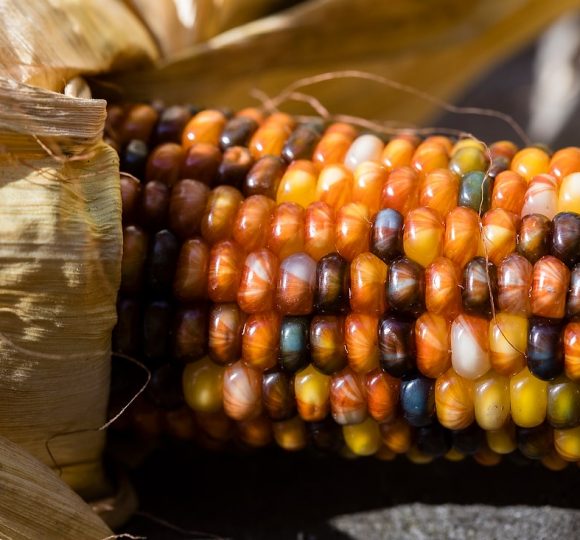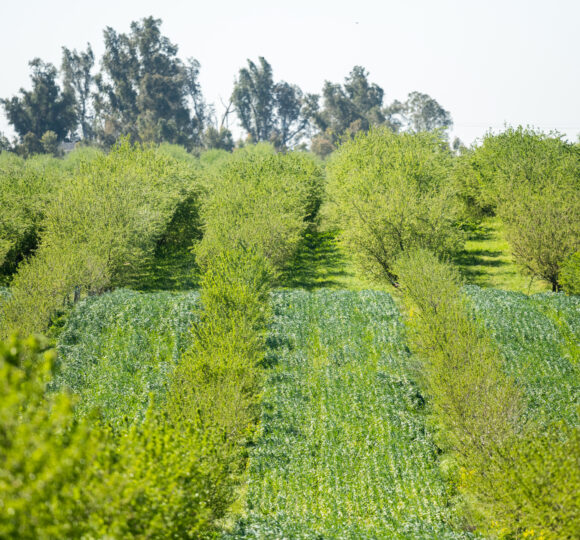People are rediscovering the benefits of buying local food. It is good for your local economy because buying directly from family farmers in your area helps them stay in business. And by buying local, it means that your food isn’t traveling long distances by planes, trains, trucks, and ships, which all consume energy and spew pollution that contributes to global warming and unhealthy air quality. Plus you get the added benefit of what many chefs are saying is fresher, better tasting food on your table!
How your food is grown, stored, transported, processed and cooked can all influence how it impacts climate change and the environment. Transportation-related impacts are particularly important for imported foods. NRDC calculated the transportation impacts of importing fresh produce and wine widely consumed in California, directly comparing the climate and air quality emissions from importing these foods instead of growing and consuming them in California. We did not attempt a full lifecycle assessment of all climate and air impacts. The results of our analysis show that—all else being equal—locally grown foods are a better choice.





